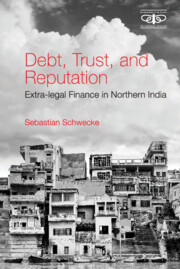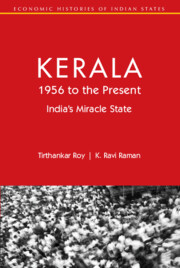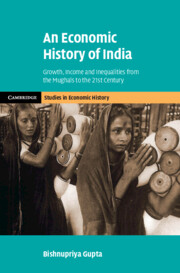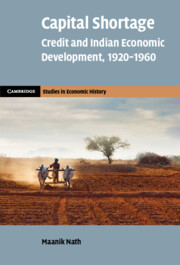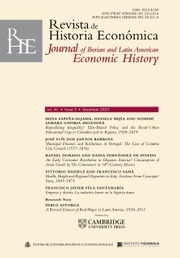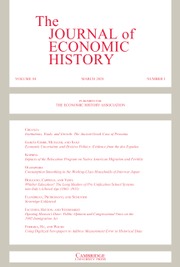Debt, Trust, and Reputation
Starting in the late nineteenth century, colonial rule in India took an active interest in regulating financial markets beyond the bridgeheads of European capital in intercontinental trade. Regulatory efforts were part of a modernizing project seeking to produce alignments between British and Indian business procedures, and to create the financial basis for incipient industrialization in India. For vast sections of Indian society, however, they pushed credit/debt relations into the realm of extra-legality, while the new, regulated agents of finance remained incapable (and unwilling) of serving their needs. Combining historical and ethnographic approaches, the book questions underlying assumptions of modernization in finance that continue to prevail in postcolonial India, and delineates the socioeconomic responses they produced, and studies the reputational economies of debt that have emerged instead – extra-legal markets embedded into communication flows on trust and reputation that have turned out to be significantly more exploitative than their colonial predecessors.
- Combines a rich historical and ethnographic study with the inquiry into concepts of credit and debt beyond standard paradigms
- Employes the inquiry into financial markets in order to study the lasting, and sometimes negative impacts on poverty and development of modernizing projects in India
- Takes history into the present by embedding the historical study into an anthropological inquiry and adding ethnographic detail from the present to the historical inquiry
Product details
July 2022Hardback
9781316517260
384 pages
236 × 158 × 28 mm
0.64kg
Available
Table of Contents
- List of tables
- List of figures
- Glossary
- Acknowledgments
- Abbreviations
- Part I. A Tangled Jungle of Disorderly Transactions:
- 1. Introduction
- 2. Contract
- 3. Discretion
- 4. Containment
- Part II. Debt in Banaras:
- 5. Trust
- 6. Obligation
- 7. Disappearance
- 8. Reputation
- 9. Conclusion
- List of references
- Index.

